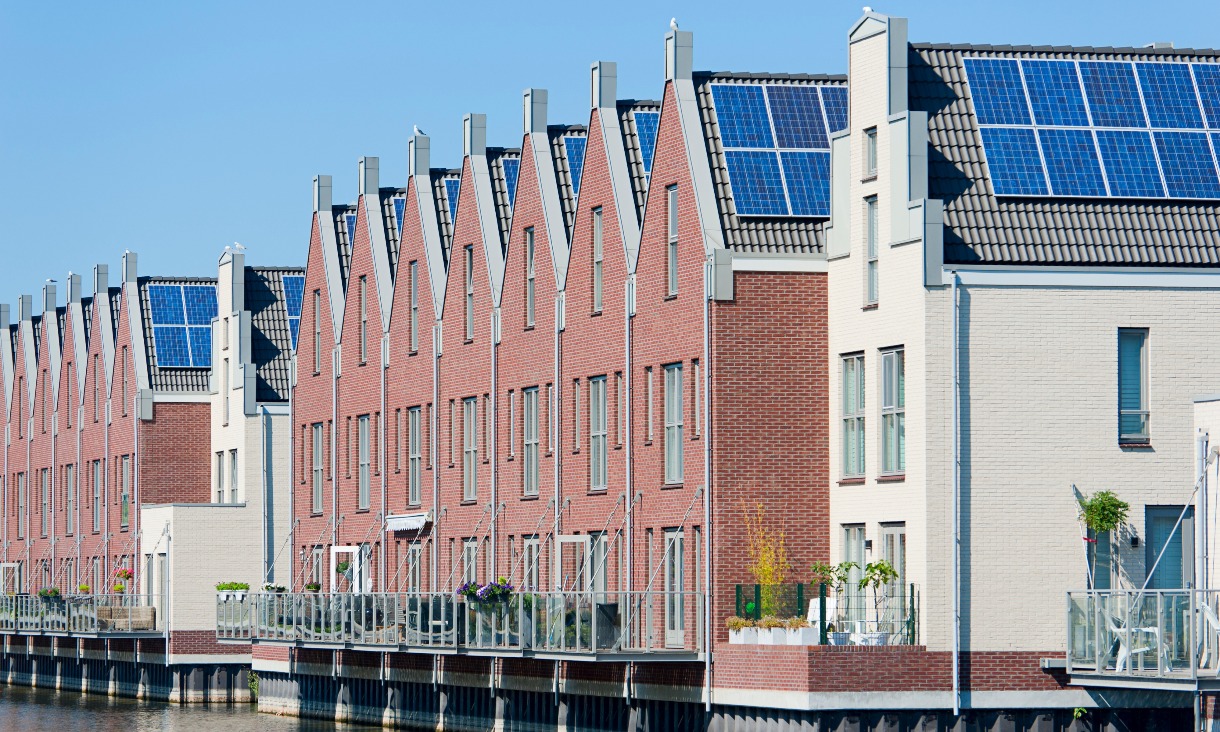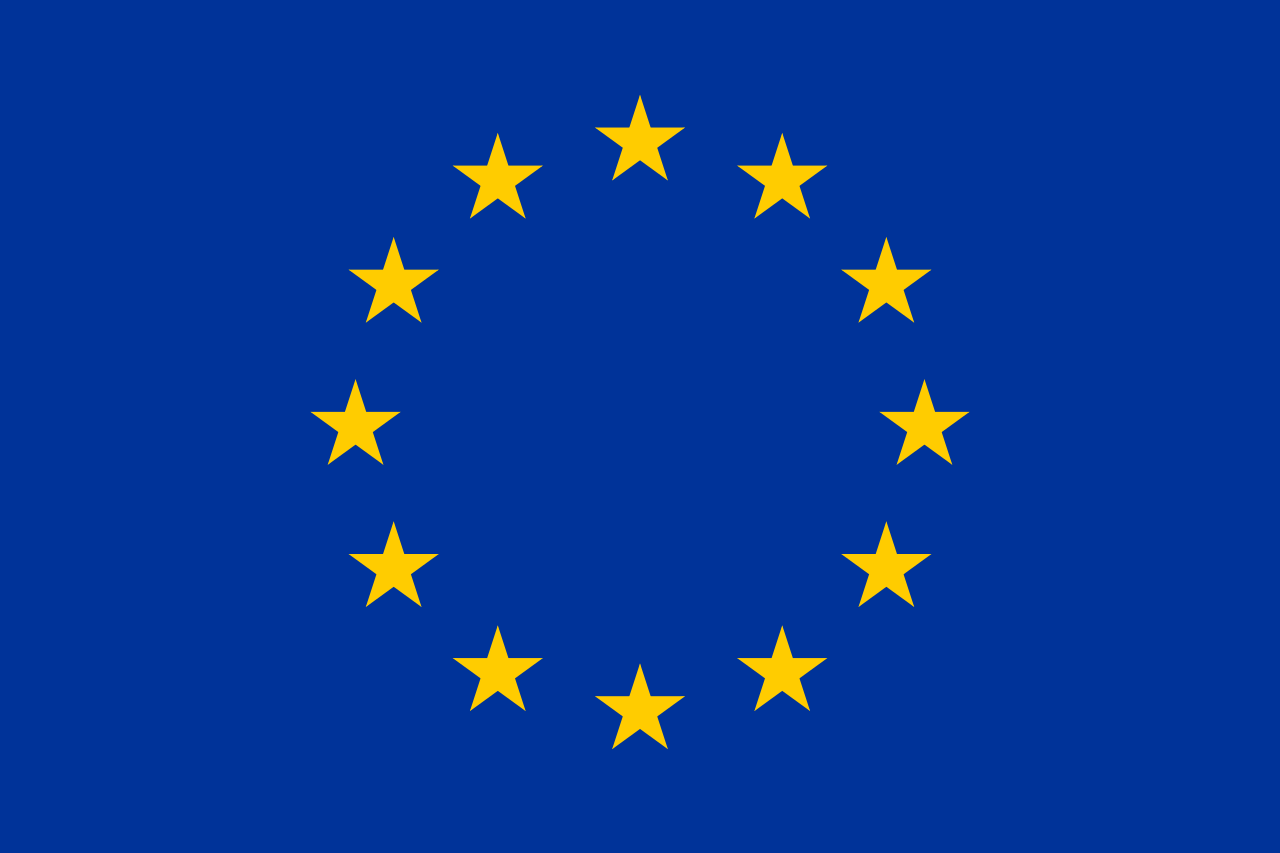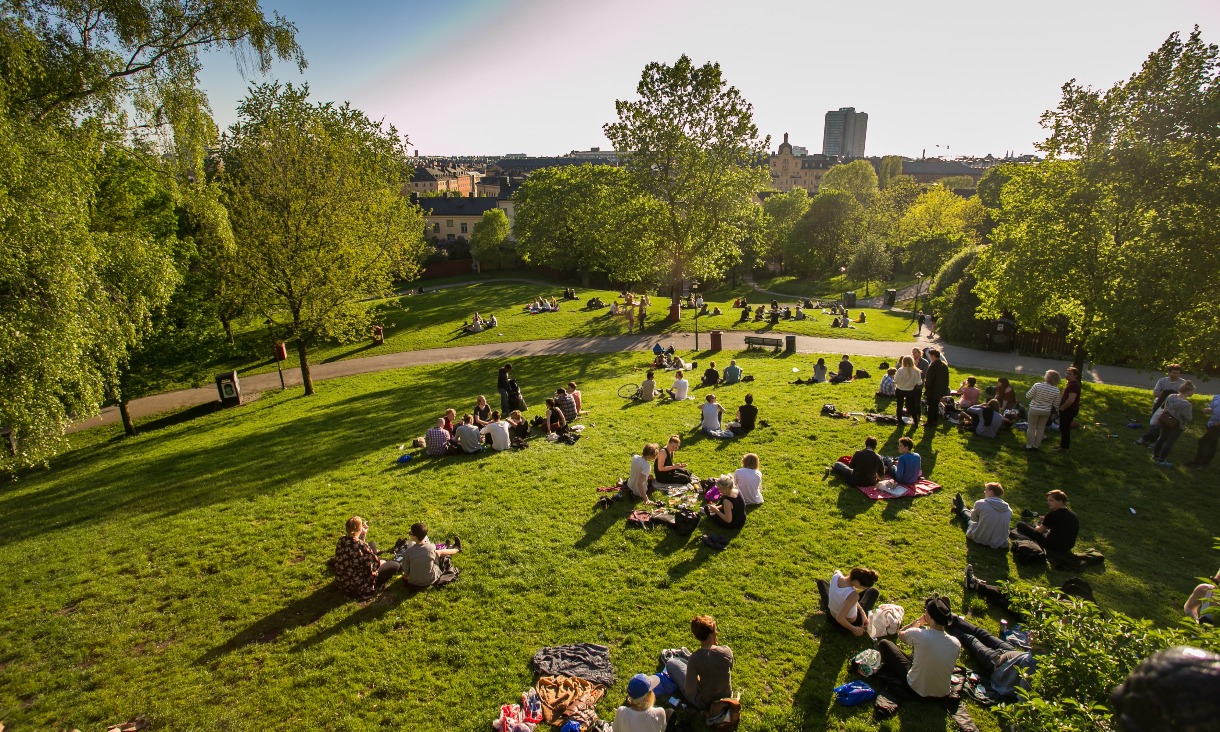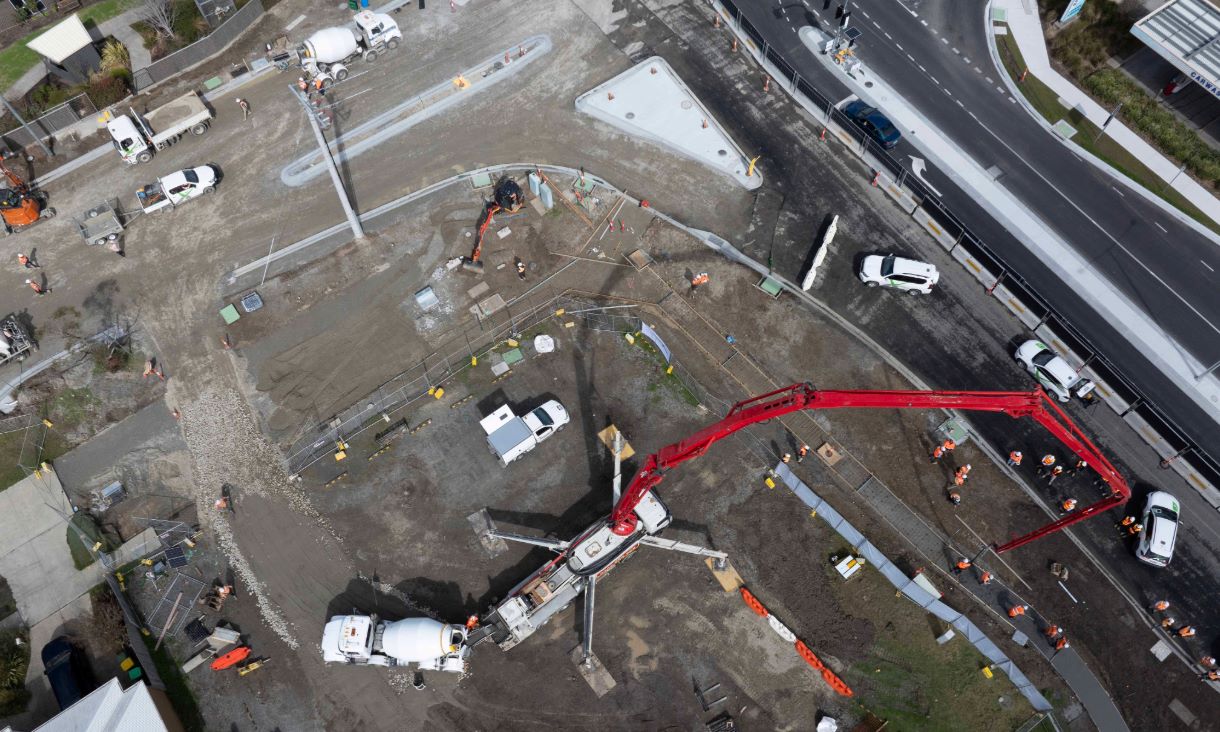
Householders at the centre of Plus Energy Buildings design
RMIT researchers are contributing to a European project looking at how cultural and climatic variables impact the future design of Plus Energy Buildings.
RMIT researcher Ivan Luque, a research fellow on the European funded project CULTURAL-E, is examining household behaviour in energy consumption for the design of Plus Energy Buildings (PEB) – a type of building that generates more energy from renewable sources than it consumes.
Luque said it's widely known that building characteristics and their integrated energy systems are not the only factors that determine energy use in buildings.
“The construction sector tends to design buildings based on perceptions of an ideal energy consumer – but the reality of energy use in households is different," he said.
“My research looks at new ways of understanding the nature of energy usage and performance in buildings, which includes the impact of cultural and climate differences.
“For instance, average data on energy consumption in households in Finland and Italy – two European countries with opposite climates – show that in southern European households the value triples in cooking and laundry practice.
"This could be linked to the use of common laundry facilities in northern Europe and cultural behaviours such as traditional cooking in Mediterranean countries,” he said.
CULTURAL-E, which kicked off in October 2019, will enable the development of technologies and solutions tailored to specific contexts and energy demands in the design of PEB.
Luque said that the project sets the way for the development of future positive energy districts.
“Based on the instance that energy supply will be critical in future metropolis, Positive Energy District (PED) is set to become an overriding urban principle for human settlements," he said.
“I believe that structured social theories are needed for a successful PEB user-centric design – mapping the energy demands within the European stock will allow us to design sustainable city technologies and to transform the whole urban ecosystem.”
Visit the CULTURAL-E website
Read the CULTURAL-E report on Climate and cultural differences in energy use in domestic buildings
Story: Patricia Lora

This project has received funding from the European Union's Horizon 2020 research and innovation programme under grant agreement Number 870072.
- Property & Construction
- Architecture
- Society
- Sustainability
- Urban Design
- Environment
- Science and technology
- RMIT Europe
Related News
Householders at the centre of Plus Energy Buildings design
RMIT researchers are contributing to a European project looking at how cultural and climatic variables impact the future design of Plus Energy Buildings.
Ten ways RMIT research is helping to build a more sustainable future
From turning back the emissions clock to building more durable roads from old tyres, RMIT researchers are tackling today’s biggest challenges and developing solutions for a more sustainable world.
Rewilding cities: How bringing nature back to cities is good for our health
The rise around the globe to bring nature back into cities has clear links to individual and community health and wellbeing, according to RMIT researchers at the Centre for Urban Research.
Coffee waste helps make lower carbon concrete
RMIT researchers are advancing new ways to cut the carbon footprint of infrastructure by turning everyday organic waste into useful construction materials.


Acknowledgement of Country
RMIT University acknowledges the people of the Woi wurrung and Boon wurrung language groups of the eastern Kulin Nation on whose unceded lands we conduct the business of the University. RMIT University respectfully acknowledges their Ancestors and Elders, past and present. RMIT also acknowledges the Traditional Custodians and their Ancestors of the lands and waters across Australia where we conduct our business - Artwork 'Sentient' by Hollie Johnson, Gunaikurnai and Monero Ngarigo.
More information


